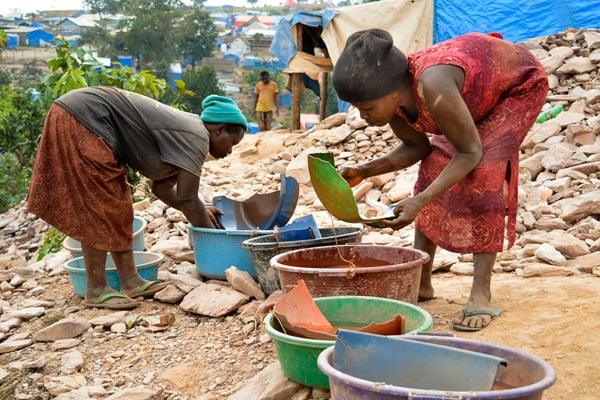Gender-Based violence in the digital age: A growing concern for women and girls

What you need to know:
The research, which spanned seven countries, including Indonesia, Jordan, Lebanon, Morocco, Rwanda, South Africa, and Uganda, involved interviews with individuals from diverse backgrounds
A report released today highlights the alarming increase in violence against women and girls, fueled by the growing use of technology. The study, conducted by Rutgers and its partners, reveals that online abuse often escalates into physical violence, underscoring the urgent need for a comprehensive understanding of technology-facilitated gender-based violence (TFGBV).
The research, which spanned seven countries, including Indonesia, Jordan, Lebanon, Morocco, Rwanda, South Africa, and Uganda, involved interviews with individuals from diverse backgrounds. The findings indicate a widespread link between online and offline violence, with perpetrators leveraging technology to harass, stalk, and intimidate victims.
According to Loes Loning, a researcher at Rutgers, "The digital revolution has transformed societies, but its benefits are offset by the potential for technology to facilitate gender-based violence." The report emphasizes that TFGBV is a broader issue than online violence, encompassing various forms of harassment and abuse perpetuated through both old and new technologies.
The study reveals that survivors of TFGBV face significant challenges, including the blurring of online and offline violence, with perpetrators using technology to amplify their abuse. The report also highlights the impact of patriarchy, social norms, and gender roles in perpetuating TFGBV.
While women and girls are disproportionately affected, the research notes that boys and young men, including male family members and friends of victims, are also impacted. The report provides chilling examples of online abuse leading to physical violence, including rape, stalking, and intimate partner violence.
In some cases, laws intended to protect victims of TFGBV are used against them, highlighting the need for legislative reforms. Abishiag Wabwire, project coordinator at the Uganda Association of Women Lawyers (FIDA-U), notes that "laws meant to protect victims are often used to perpetuate violence against them."
The report's findings underscore the need for a comprehensive approach to addressing TFGBV, including increased awareness, education, and policy reforms. The study's recommendations emphasize the importance of involving survivors in the development of solutions and ensuring that responses are tailored to specific contexts.




